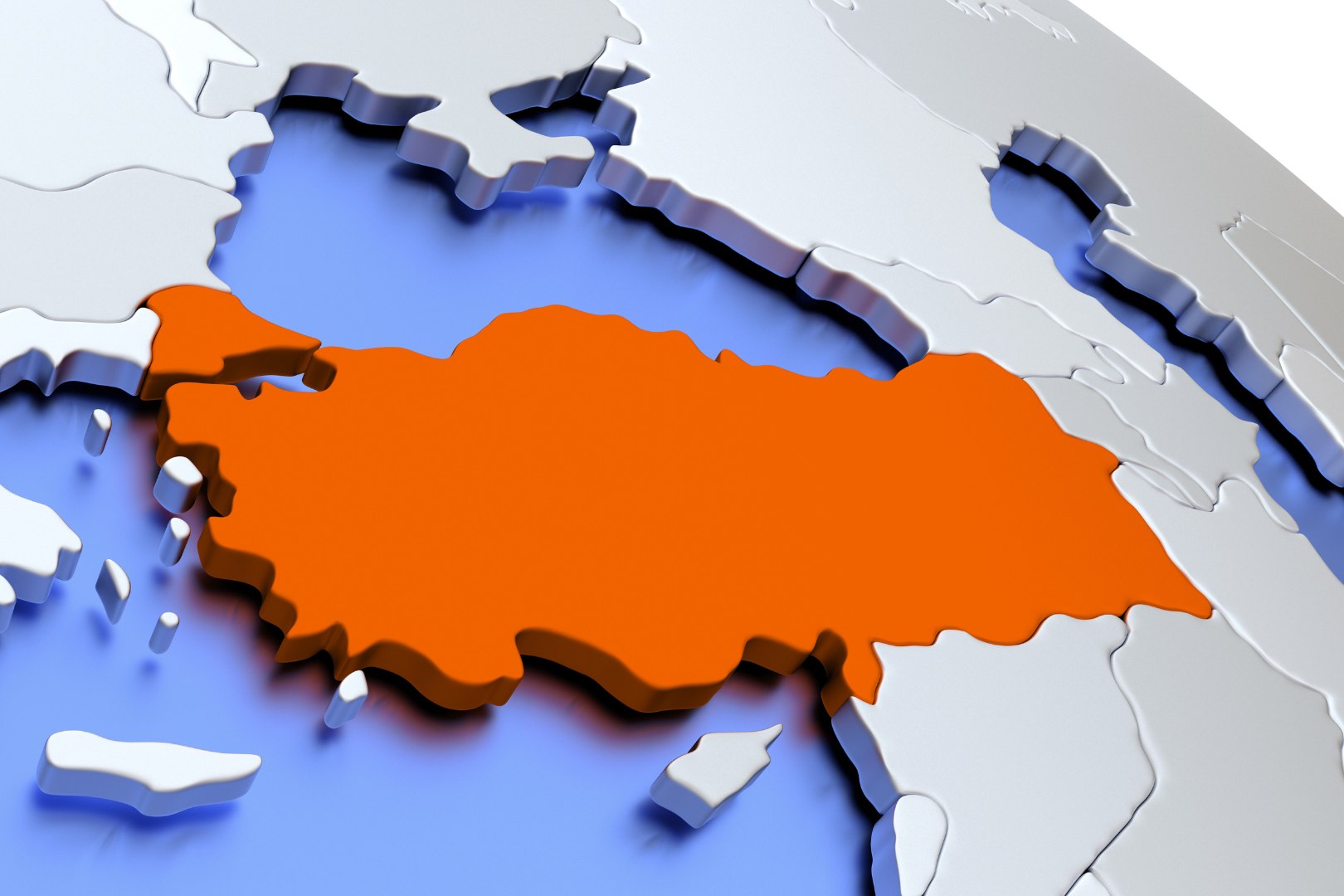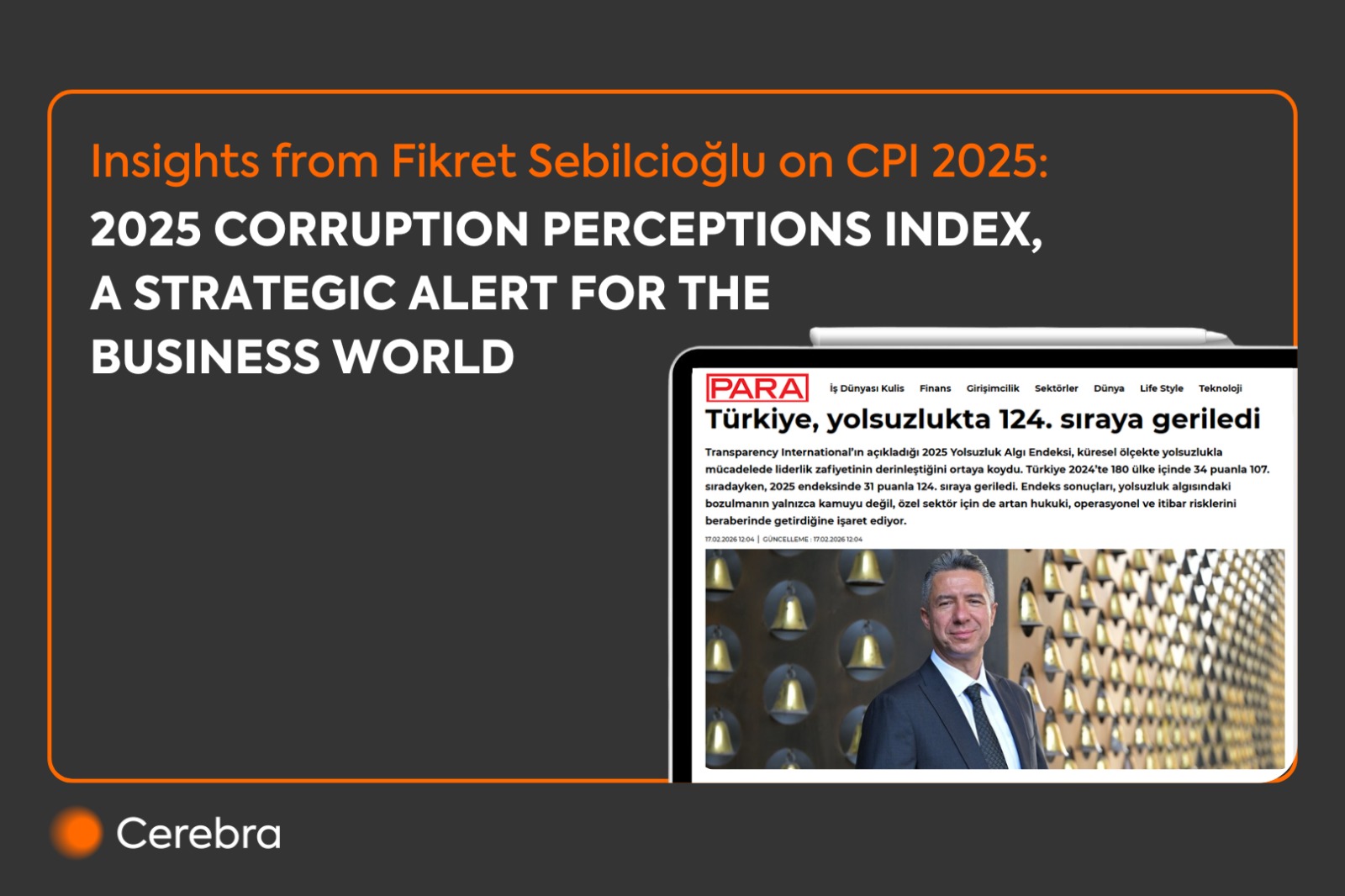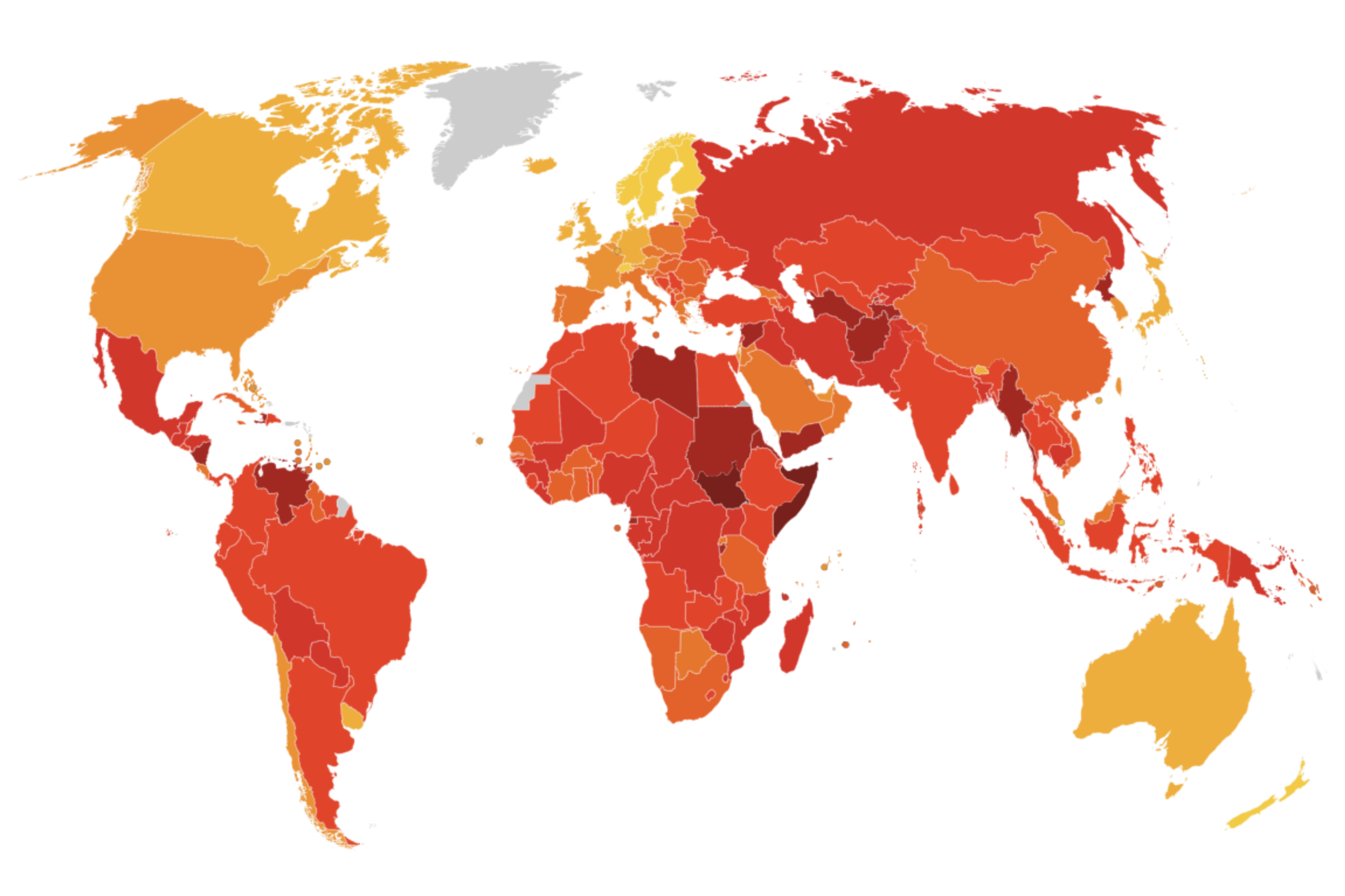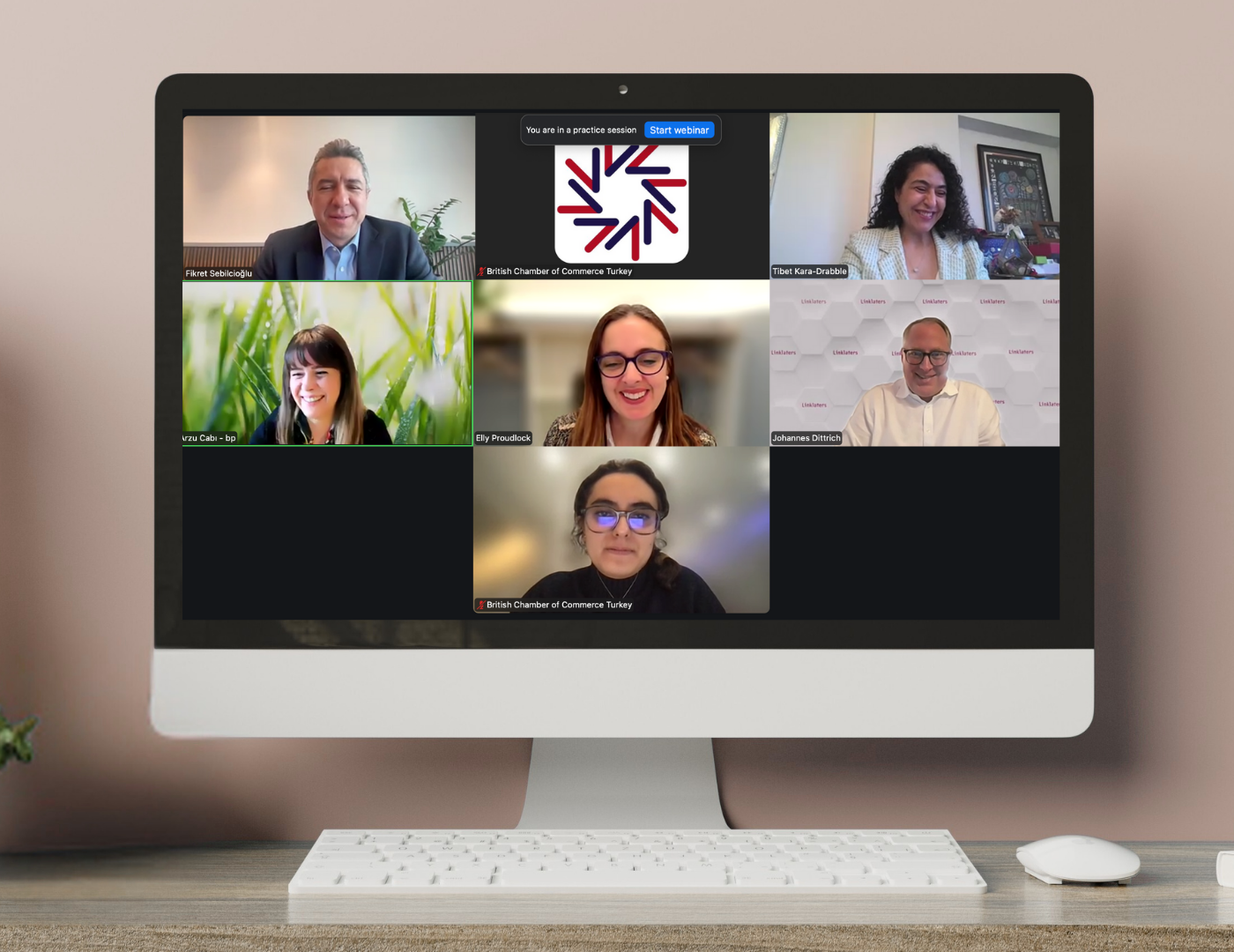
Fraud Investigations in Turkey (Türkiye): Universal Methods, Local Realities
CerebraCerebra explores how cultural dynamics, trust, hierarchy and legal frameworks shape fraud investigations in Türkiye, emphasizing the need for empathy and strong controls.
Universal Method, Local Interpretation
Fraud investigations, wherever they are conducted in the world, follow a defined methodological framework. The process typically involves the collection of evidence, the application of forensic accounting techniques, interviews with suspects and witnesses, corporate intelligence gathering, e-discovery, and the evaluation of internal controls. However, fraud is a reflection of human behavior — and human behavior is inseparable from culture, social values, and ways of doing business. Therefore, fraud investigations conducted in Turkey (Türkiye) require not only technical expertise but also cultural intuition.
Relationships and Hierarchy: Beyond Documents
In Türkiye, a successful fraud investigation requires understanding not only documents and data but also relationships, hierarchies, and communication styles. Within Turkish business culture, trust, personal connections, and loyalty often take precedence over procedures. This dynamic shapes both how fraud risks emerge and how information is accessed during investigations.
For instance, in environments where employees avoid open communication or hesitate to put others in a difficult position, conducting witness interviews is not merely a technical process — it demands balancing empathy, discretion, and relational sensitivity.
Corporate hierarchies in Turkey (Türkiye) tend to be strong, and issues involving senior management are often perceived as “untouchable.” As such, investigation teams must maintain independence while navigating internal dynamics carefully. The success of an investigation depends not only on technical competence but also on the ability to manage these delicate balances.
Digital Transformation and Legal Framework
E-discovery and digital analysis practices are rapidly evolving in Türkiye. However, legal constraints under the Personal Data Protection Law (KVKK) must be evaluated carefully alongside international standards. Throughout evidence collection and analysis, both legal compliance and the integrity of digital evidence must be maintained.
The Dual Nature of Trust
High levels of trust within Turkish business culture can have a double-edged impact. On one hand, trust-based relationships can facilitate smoother operations; on the other, they may weaken internal controls and reduce the culture of healthy skepticism. The phrase “I know them — they would never do that” often serves as one of the strongest shields for misconduct. Therefore, fraud investigations in Türkiye should not only focus on exposing wrongdoing but also on identifying the blind spots created by misplaced trust.
Internal investigations should reveal not only financial losses but also underlying weaknesses in corporate culture. Each case reflects a company’s internal controls, ethical mindset, and management style. An effective investigation does more than resolve a past incident — it provides structural lessons that strengthen resilience for the future.
Confrontation and Organizational Resilience
In Türkiye, organizations often exhibit a tendency to avoid confrontation. When fraud cases emerge, reflexes such as “closing the matter quietly” or “avoiding reputational damage” can complicate the process. Hence, an effective investigation must be as much psychological as it is analytical. Managing empathy, communication tone, and cultural sensitivity properly ensures both access to accurate information and institutional ownership of the process.
The Fraud Triangle Through a Cultural Lens
The three elements of the fraud triangle — pressure, rationalization, and opportunity — are universal, but the way they manifest is culturally influenced. In Türkiye, cultural dynamics such as social belonging, fear of losing face, and respect for authority can shape these factors significantly. Therefore, every investigation in Türkiye should carefully consider not only the factual evidence but also the cultural context in which it unfolds.
Conclusion: Understanding People Is the Path to the Truth
Conducting fraud investigations in Türkiye is an exercise in balance — between global standards and local realities, analytical reasoning and human intuition. Effective investigations require reading beyond documents and data to interpret behaviors, silences, and implied meanings. Because while the form of fraud may vary across geographies, the path to uncovering the truth always begins with understanding people.







